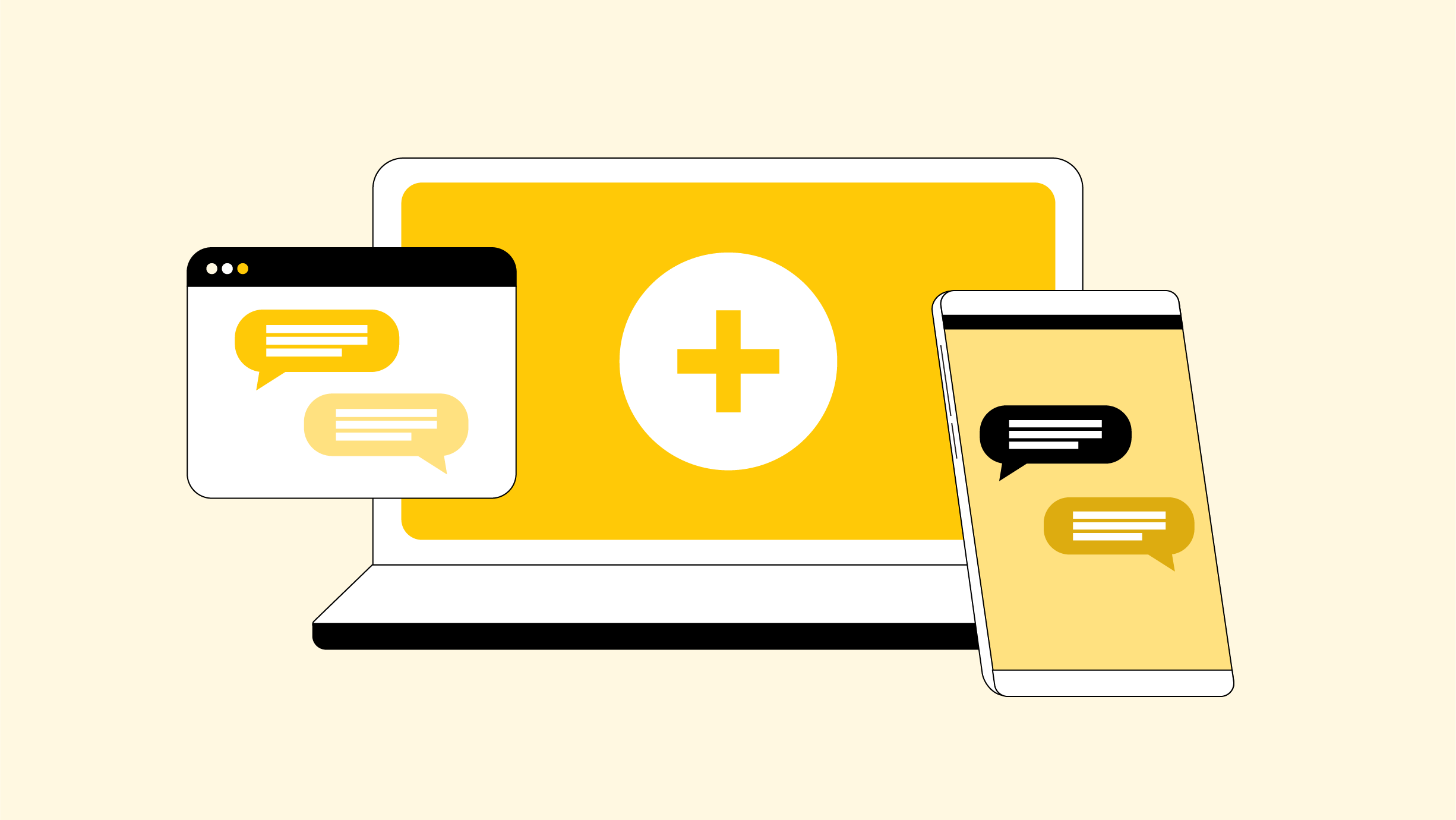What should I tell my care team before I take this medication?
They need to know if you have any of these conditions:
- Eye or vision problems
- Kidney disease
- Liver disease
- Sjogren-Larsson syndrome
- An unusual or allergic reaction to miltefosine, other medications, foods, dyes, or preservatives
- Pregnant or trying to get pregnant
- Breastfeeding
What may interact with this medication?
- Estrogen or progestin hormones
This list may not describe all possible interactions. Give your health care provider a list of all the medicines, herbs, non-prescription drugs, or dietary supplements you use. Also tell them if you smoke, drink alcohol, or use illegal drugs. Some items may interact with your medicine.
What should I watch for while using this medication?
Visit your care team for regular checks on your progress. Tell your care team if your symptoms do not start to get better or if they get worse.
You may need blood work done while you are taking this medication.
Make sure you stay hydrated while taking this medication. Drink water often. Eat fruits and veggies that have a high water content. Drink more water when it is hot or you are active. Talk to your care team right away if you have diarrhea or vomiting that are severe or do not go away. The loss of too much body fluid may make it dangerous for you to take this medication.
This medication may cause serious skin reactions. They can happen weeks to months after starting the medication. Talk to your care team right away if you have fevers or flu-like symptoms with a rash. The rash may be red or purple and then turn into blisters or peeling of the skin. Or you might notice a red rash with swelling of the face, lips, or lymph nodes in your neck or under your arms.
Your vision may be tested before and during use of this medication. Tell your care team right away if you have any change in your eyesight.
Talk to your care team if you may be pregnant. Serious fetal side effects can occur if you take this medication during pregnancy and for 5 months after the last dose. You will need a negative pregnancy test before starting this medication. Estrogen and progestin hormones may not work as well while you are taking this medication. Contraception is recommended while taking this medication and for 5 months after the last dose. Your care team can help you find the option that works for you.
Do not breastfeed while taking this medication and for 5 months after the last dose.
This medication may cause infertility. Talk to your care team if you are concerned about your fertility.
What are the most serious risks of this medication?
If you can become pregnant, you will need a test to make sure you are not pregnant before starting this medication. You must use contraception while taking this medication. You may need to keep using contraception even after you stop taking the medication. This depends on the medication. It is important to talk to your care team about how long to use contraception. Call your care team right away if you think you may be pregnant, have unprotected sex, or if you think your contraception did not work.








